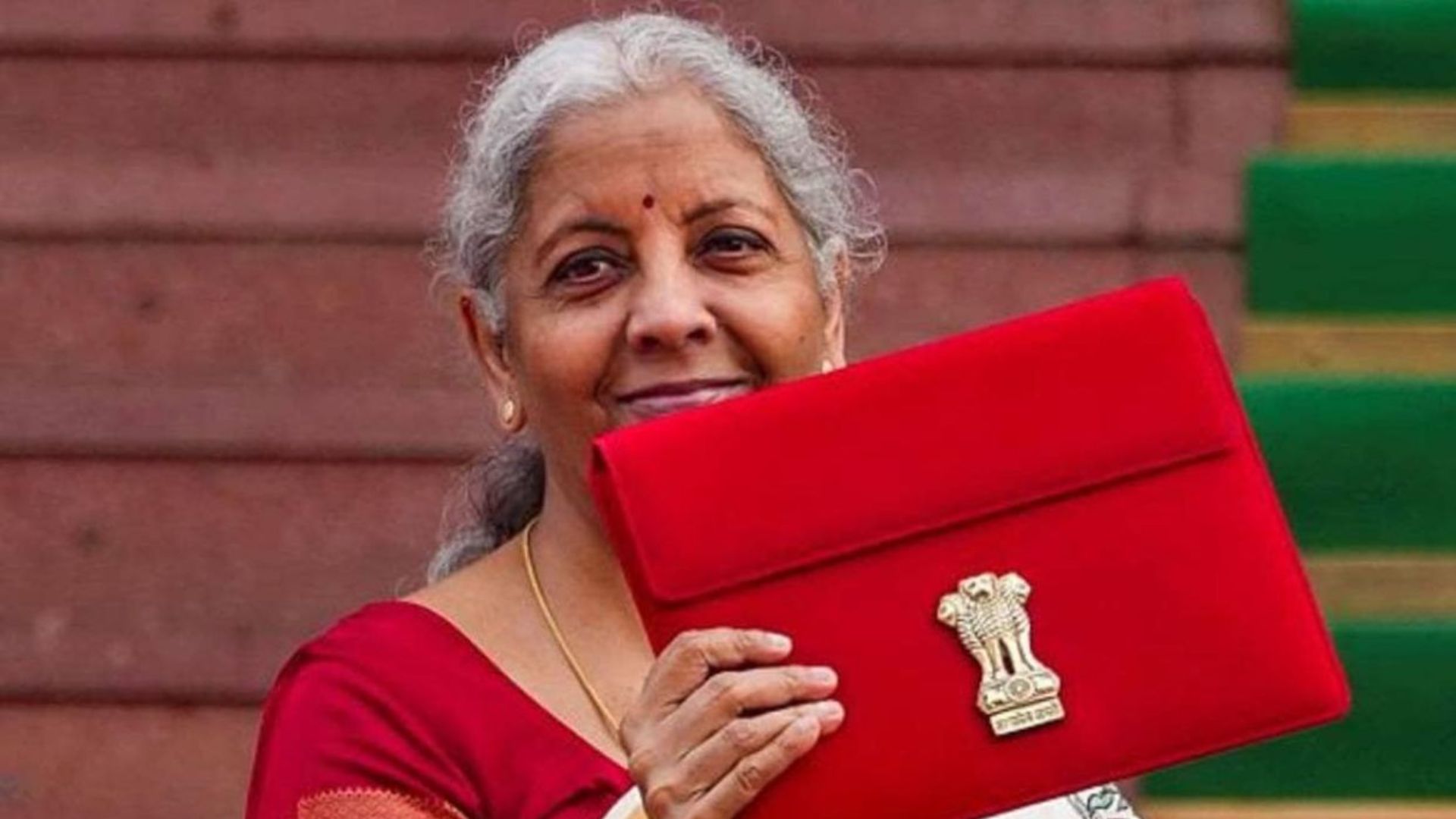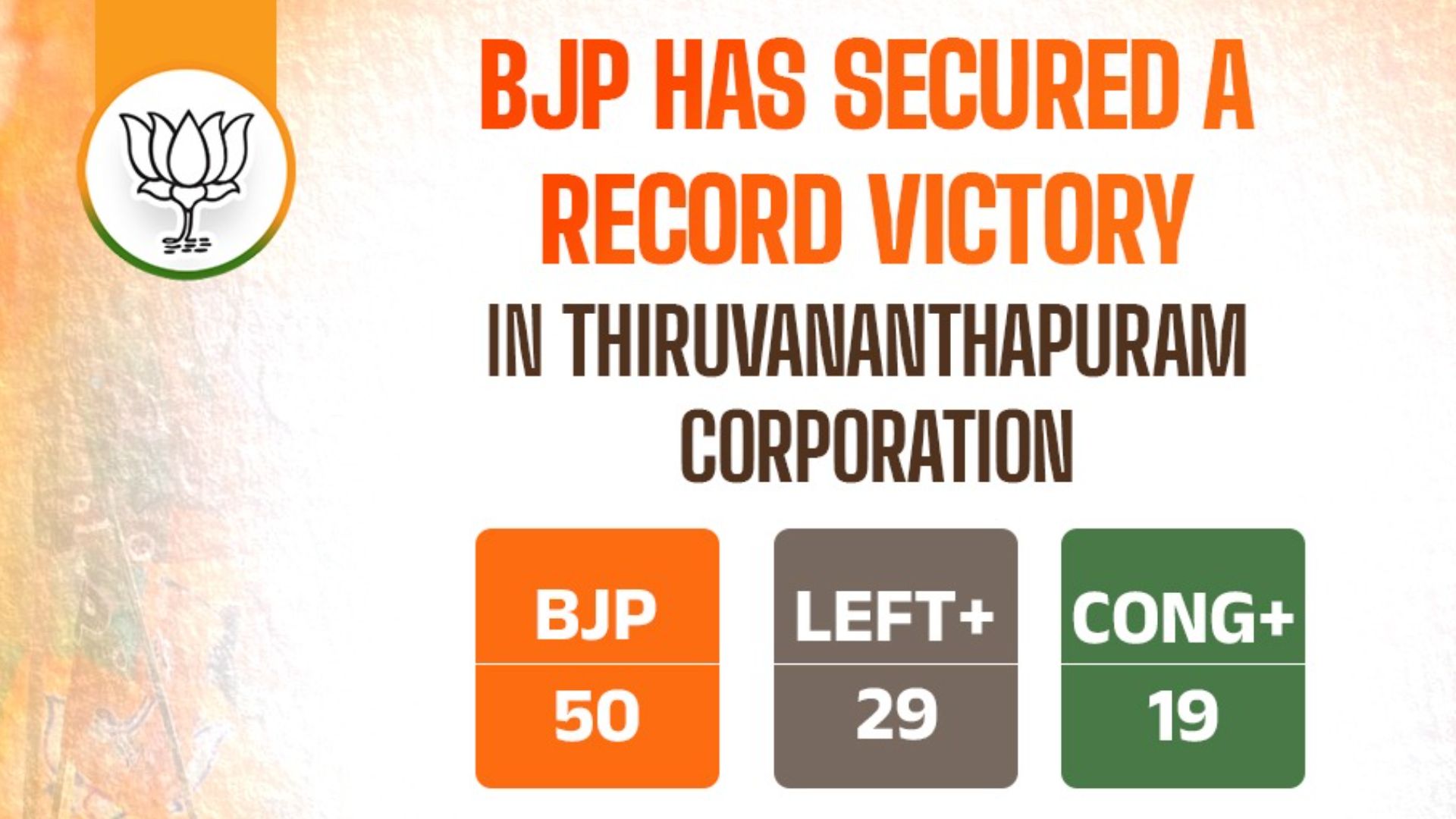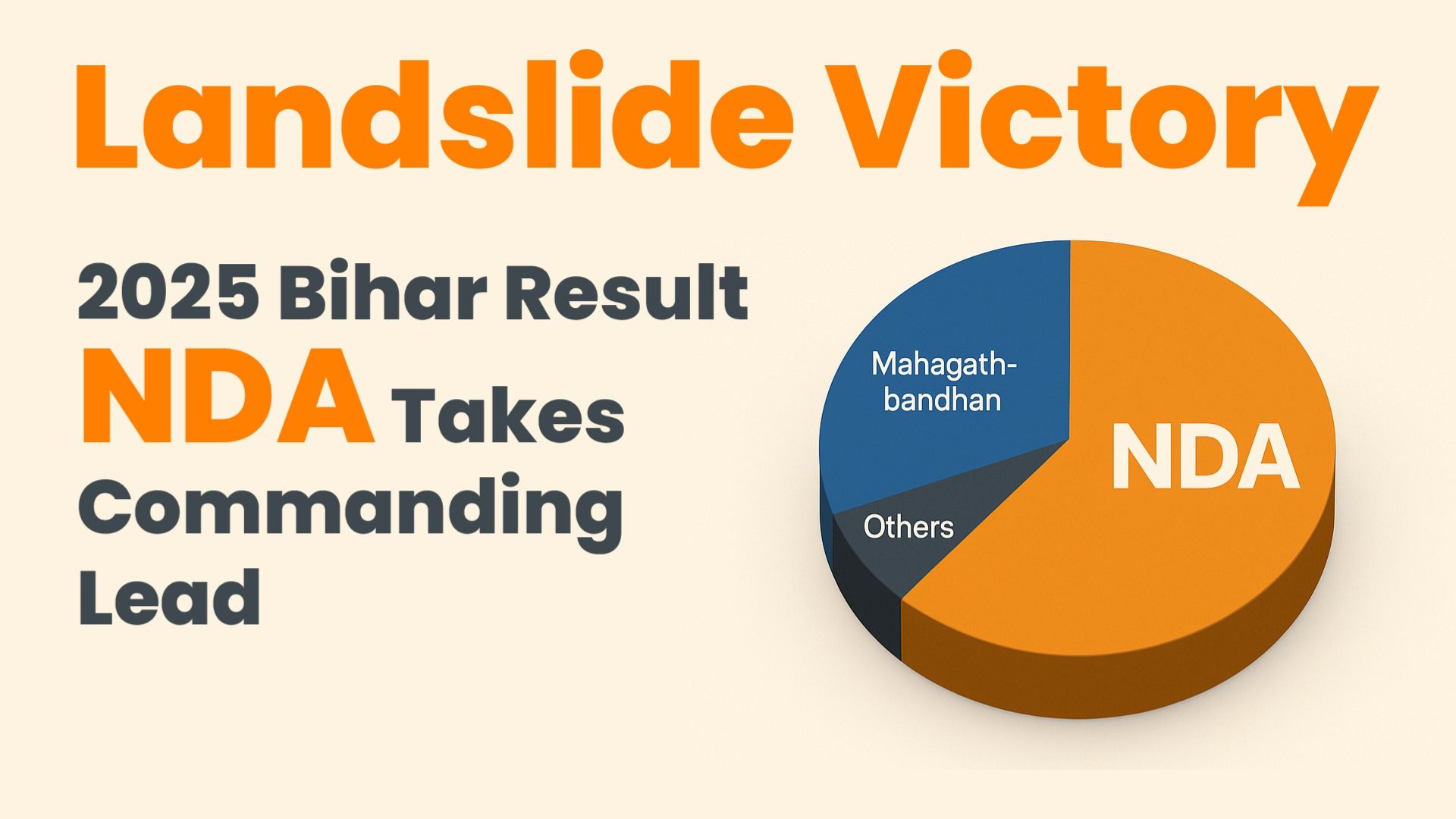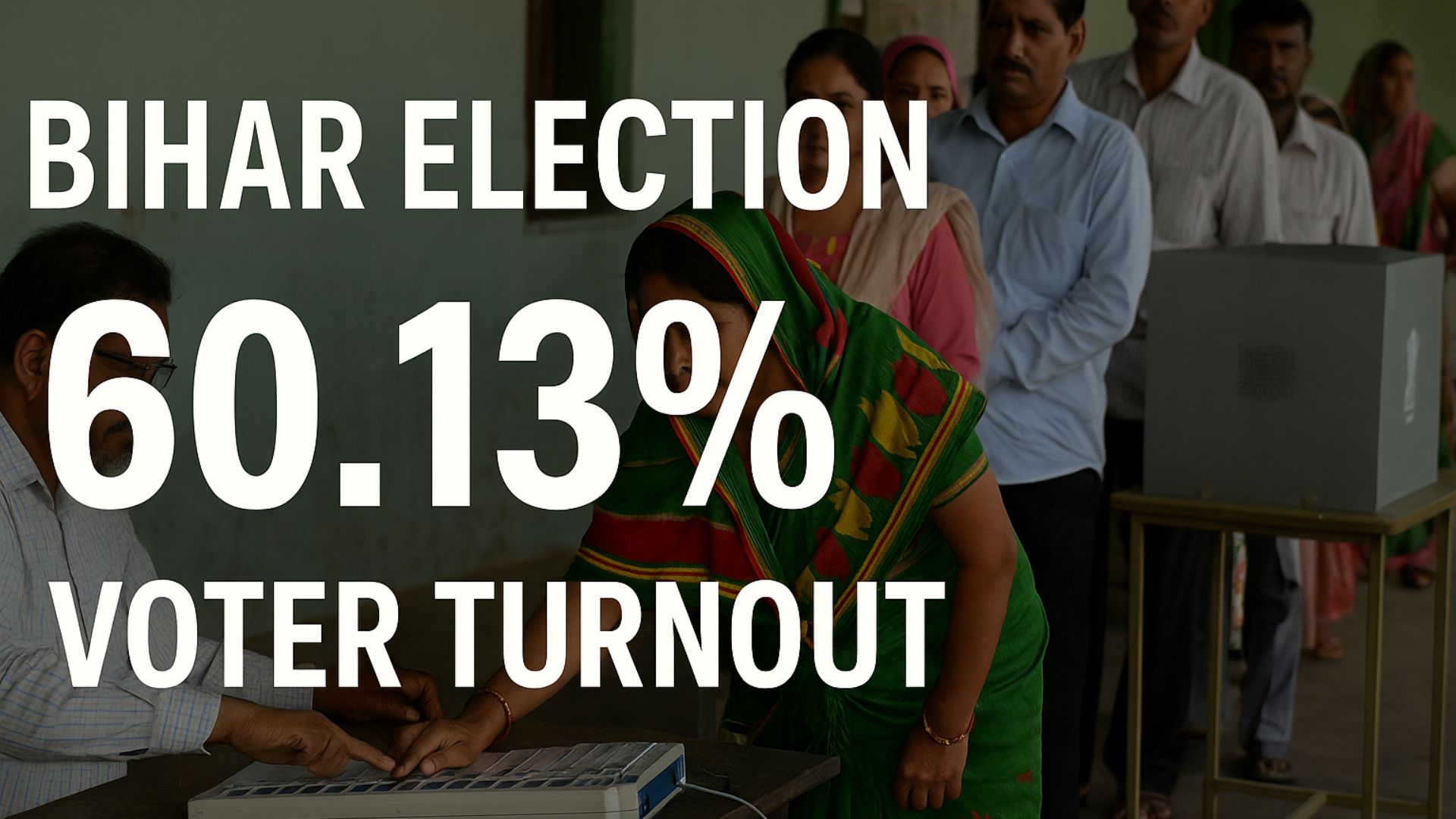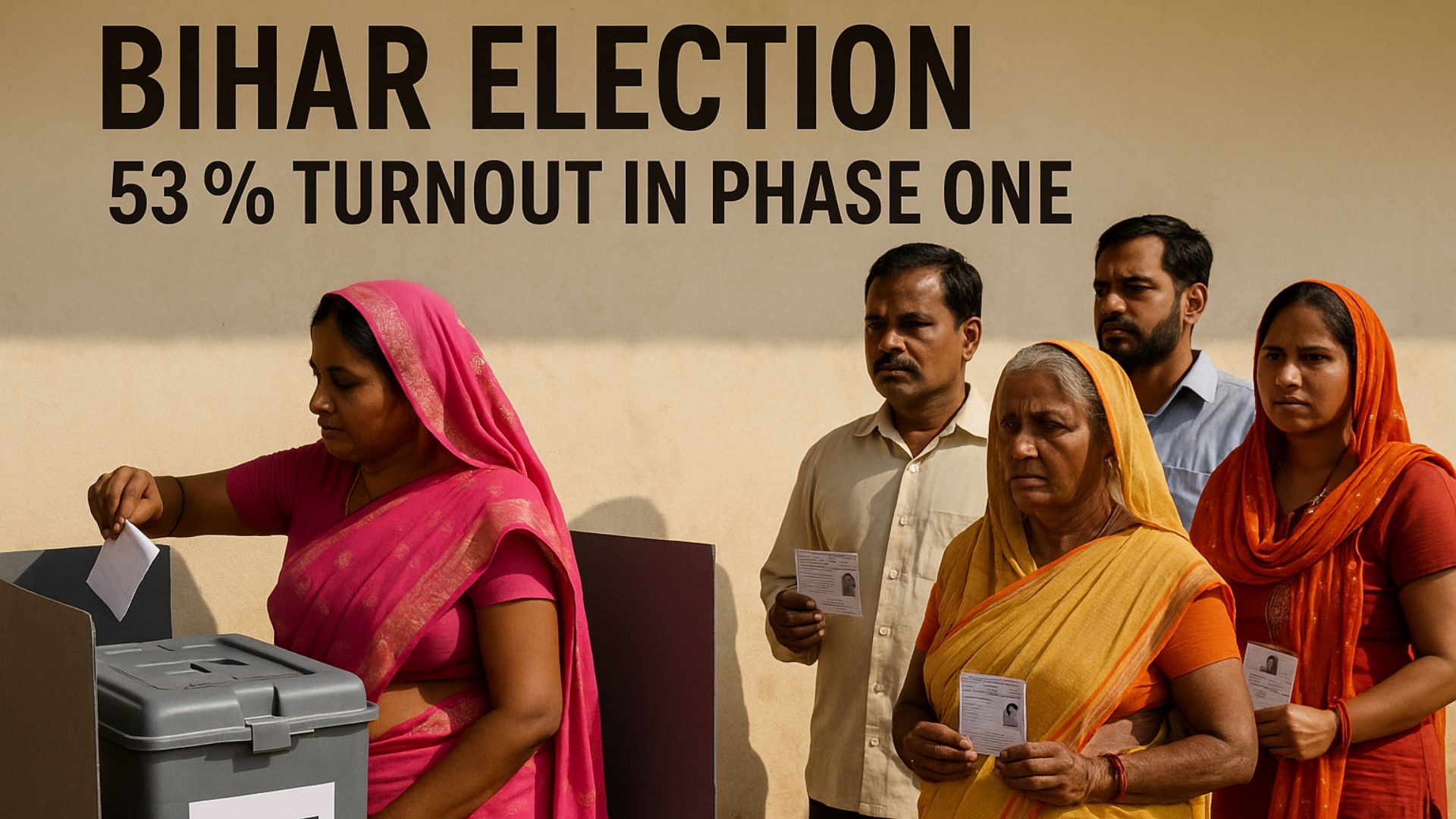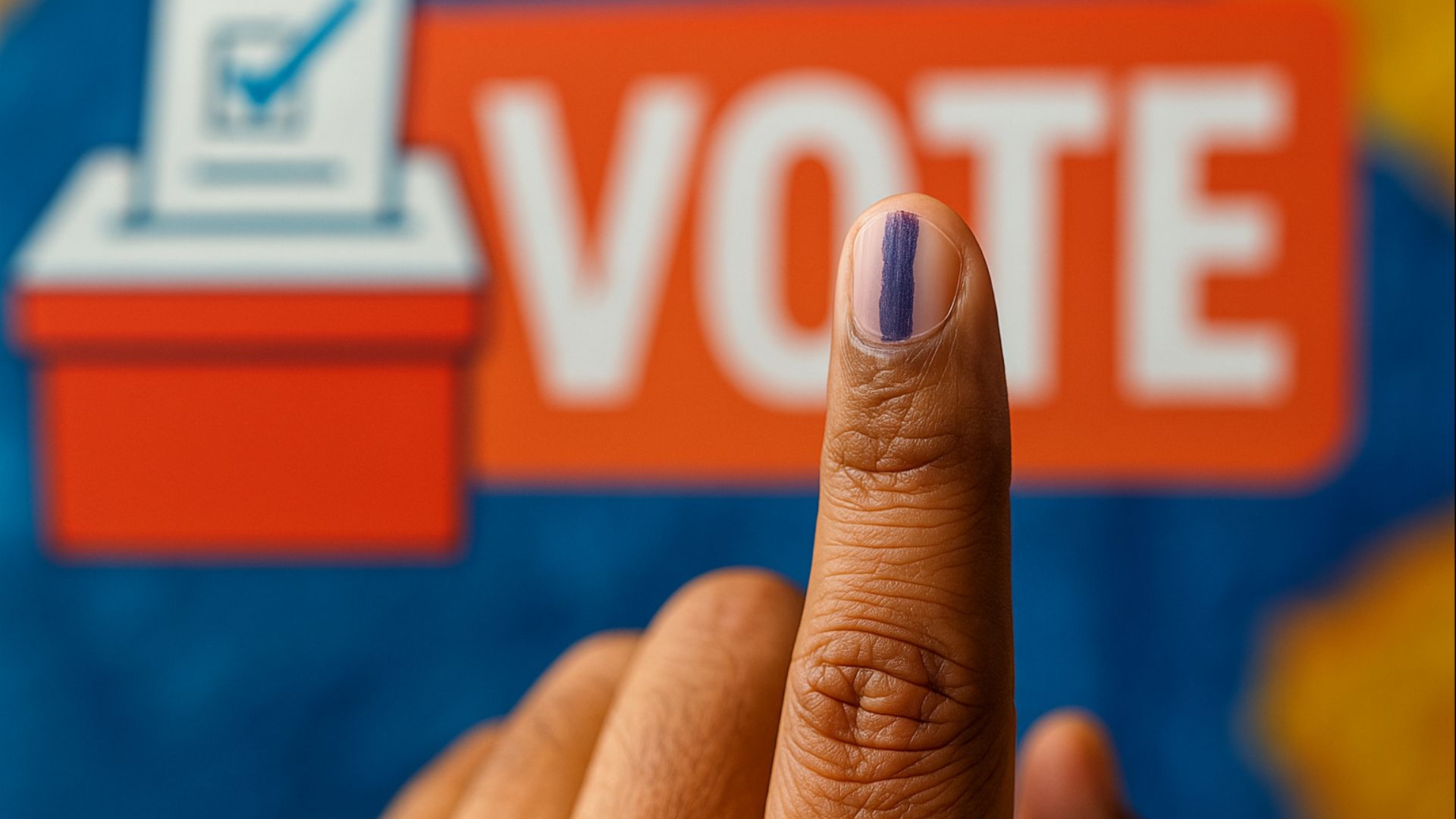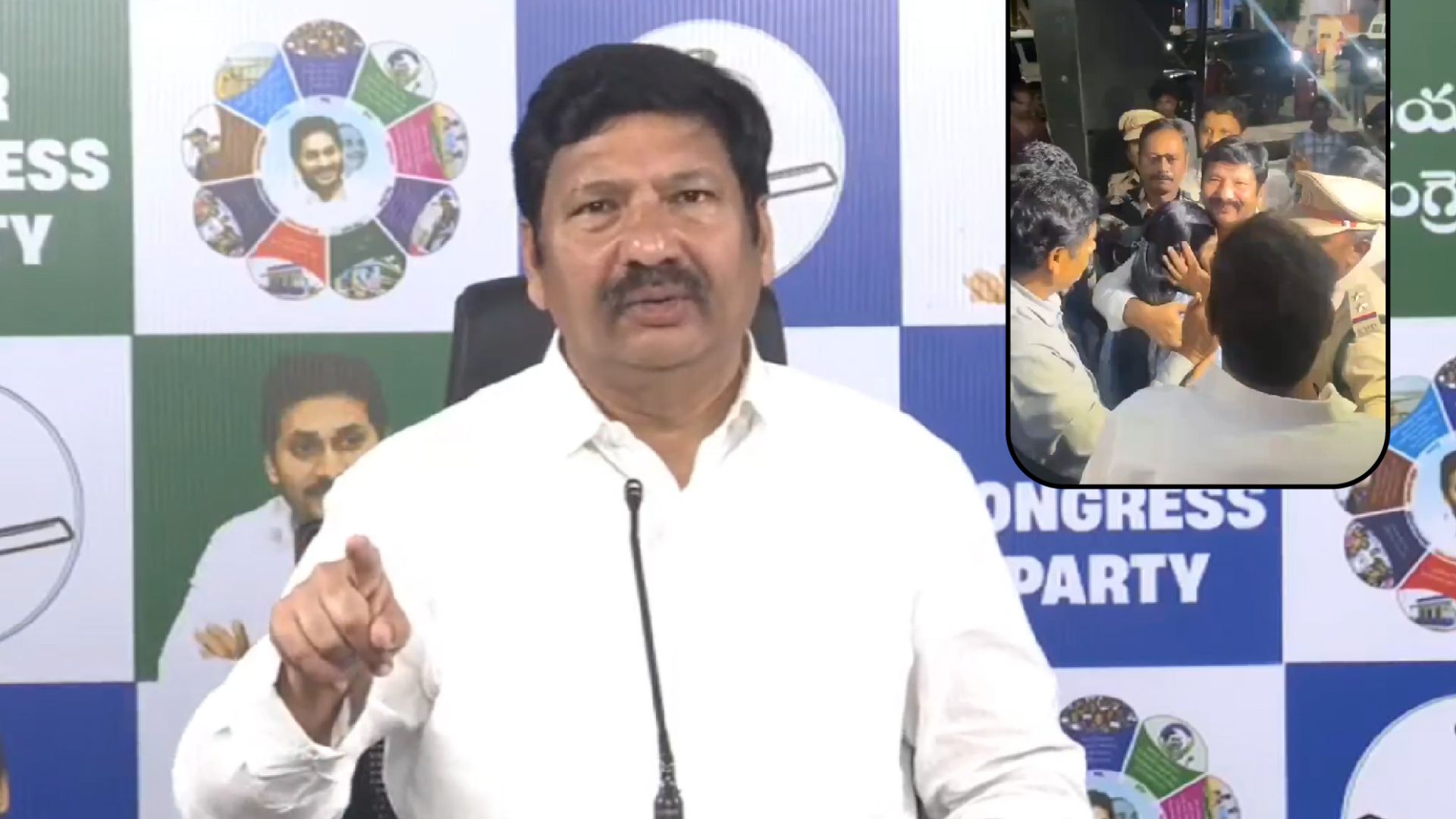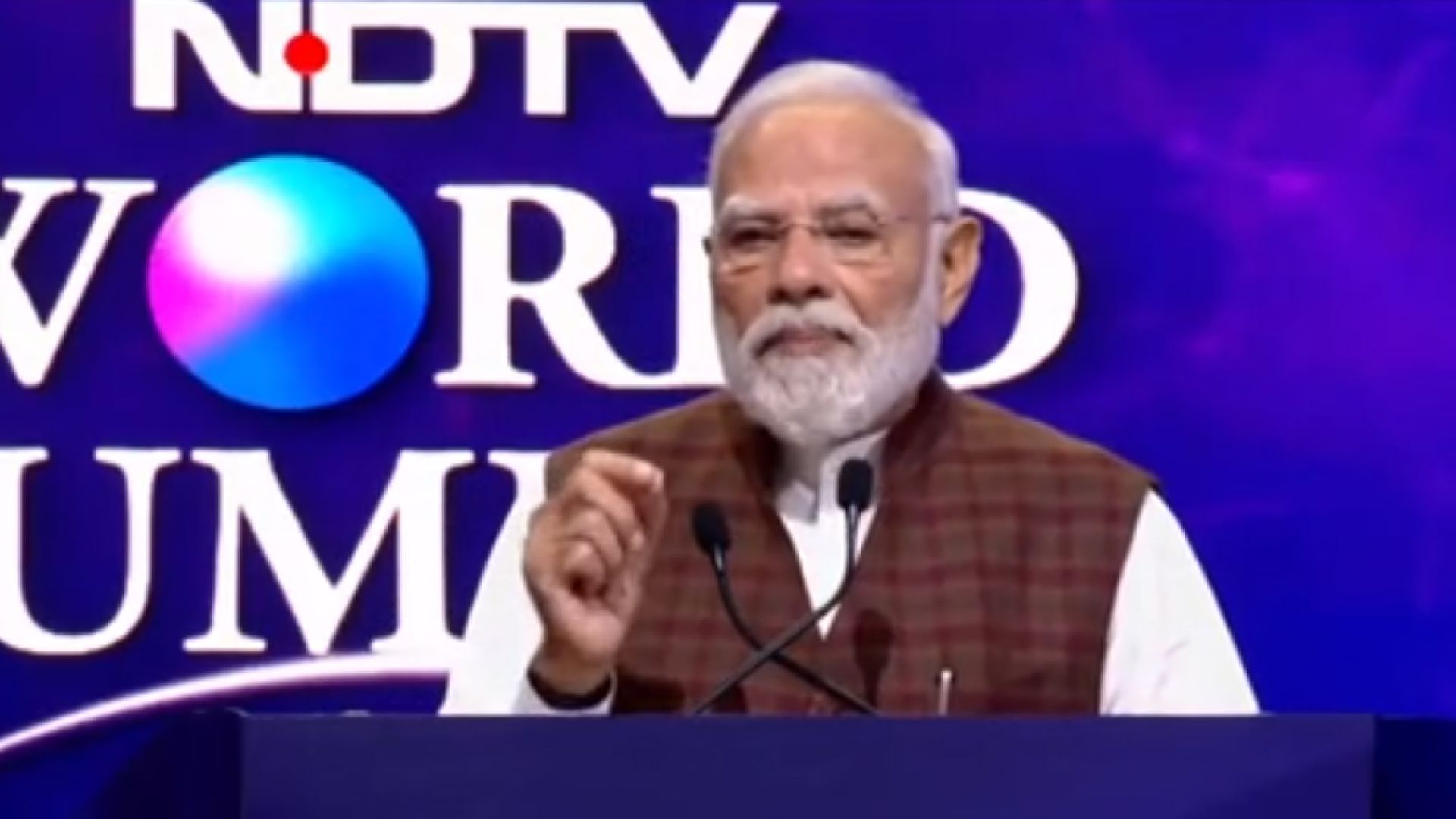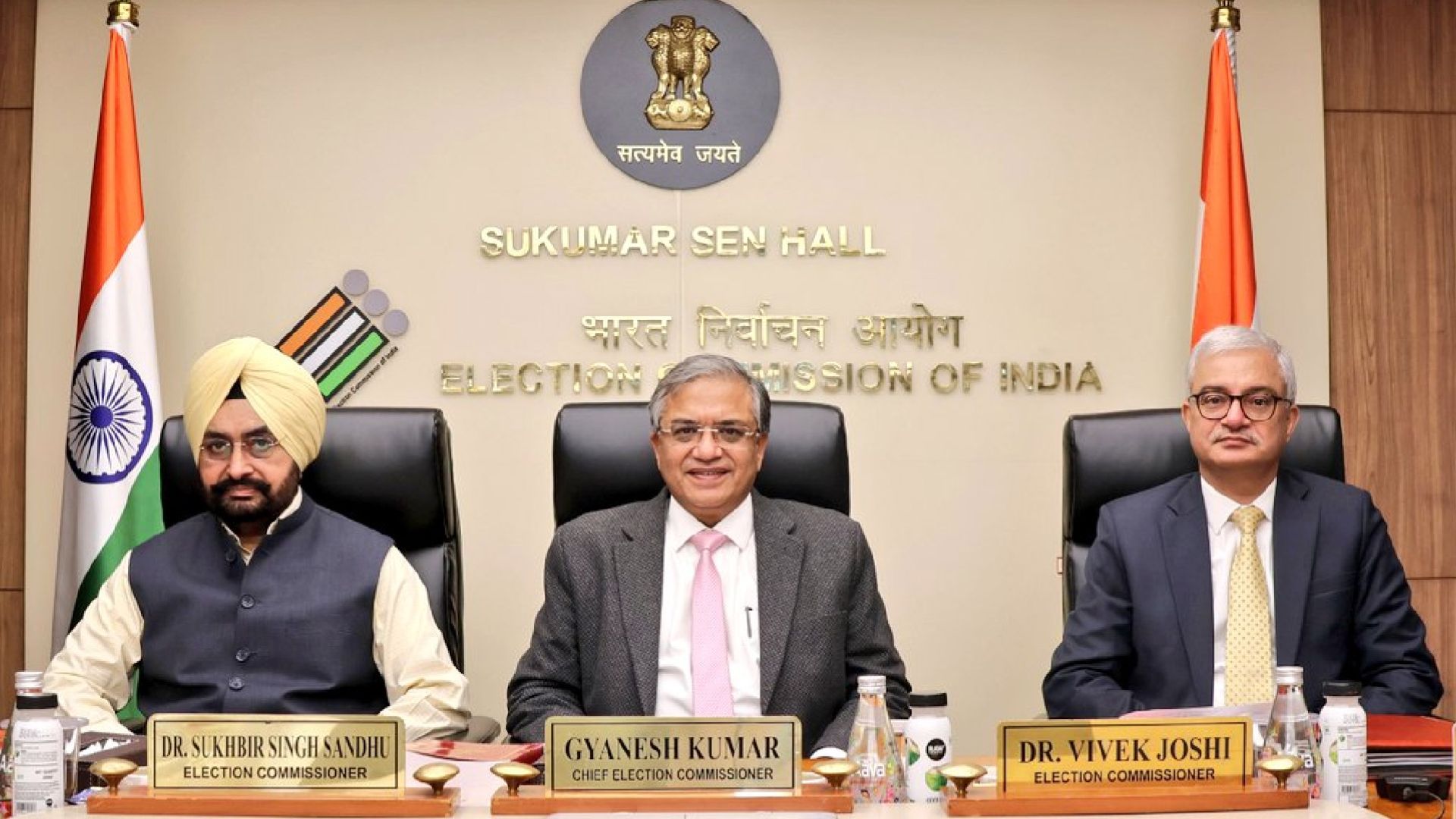Supreme Court Flags Deepfake ‘Digital Arrest’ Scam, Calls for Stronger Verification System
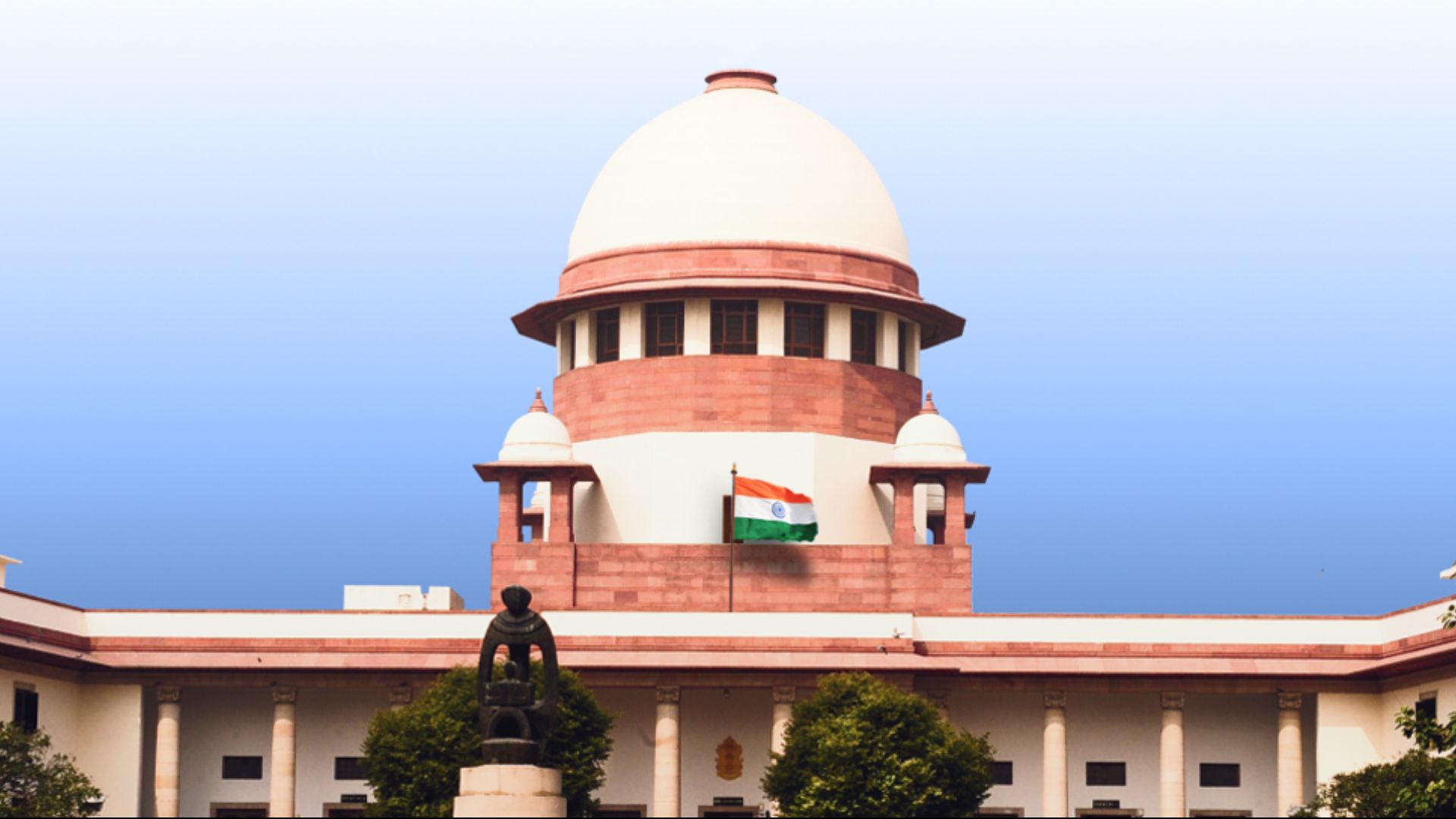
The Supreme Court of India has opened a suo motu case after a wave of ‘digital arrest’ scams surfaced across the country. Fraudsters, posing as police or court officials, were found sending forged notices and mock summons to intimidate victims into paying large sums. The move by the Court follows weeks of public outcry and reports detailing how these scams exploit growing trust in online government services.
At the heart of the issue is a simple loophole — people often assume any document stamped with an official emblem must be real. The bench, led by the Chief Justice, said the practice strikes at the core of institutional credibility and warned that such misuse of digital systems could spiral if left unchecked. The Court has now asked the Centre and several states to submit a detailed plan to curb the misuse of official seals and judicial imagery in online communication.
Legal observers see this as more than a cybercrime case; it’s a test of how the justice system adapts to an internet-first world. Many scams rely on AI tools to mimic formats of legal documents, making them nearly indistinguishable from the original. Experts suggest that the lack of a unified digital signature verification system makes India particularly vulnerable. The Court echoed this concern, urging swift action to introduce traceable, tamper-proof authentication for all electronic judicial correspondence.
The bench also called for a nationwide awareness campaign to educate citizens about verifying digital documents before reacting. It hinted that public ignorance, not just technological weakness, fuels such crimes. The judgment emphasized prevention through literacy as much as enforcement through law.
For now, the Court’s proactive stance marks an unusual but necessary pivot in India’s digital governance narrative. It’s not only a warning to fraudsters but also a nudge to policymakers — to catch up before the next scam gets smarter than the system built to stop it.

